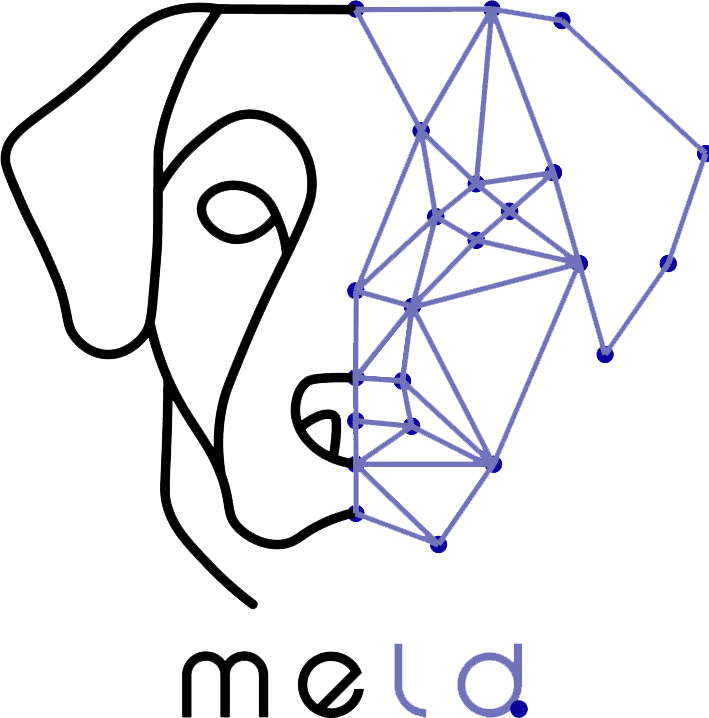This paper explores the difference in privacy concerns expressed about pet wearables versus human wearables, and the underlying reasons for this disparity. A mixed-method study, involving analysis of over 8,000 pet wearable and 20,000 human wearable product reviews, along with a survey of 201 pet owners, found that very few privacy concerns are mentioned overall, but they are expressed 2.3 times less frequently for pet wearables. This underestimation is attributed to emotional drivers (e.g., fear of a pet going missing), the prioritization of desired functionality (like real-time tracking or storing medical records), and consumers’ failure to connect pet data collection to their own or others’ privacy. The study also highlights the significant privacy implications arising from the unintended use of pet wearables to track humans, including cognitively impaired individuals and children. The authors suggest that addressing these issues requires a deeper understanding of consumer behavior and ensuring data protection legislation is robust enough for diverse, real-world use cases.
Non-Invasive Computer Vision-Based Fruit Fly Larvae Differentiation: Ceratitis capitata and Bactrocera zonata
This paper proposes a novel, non-invasive method using computer vision

